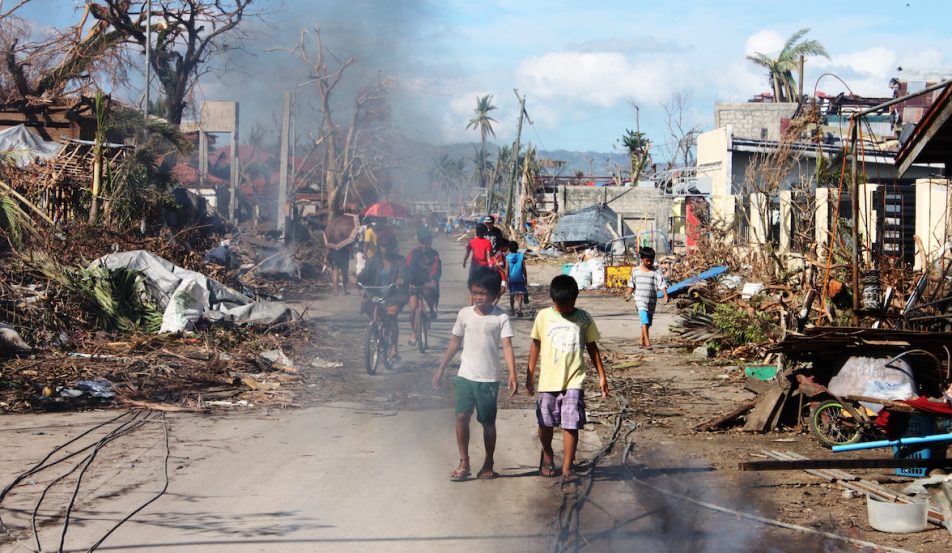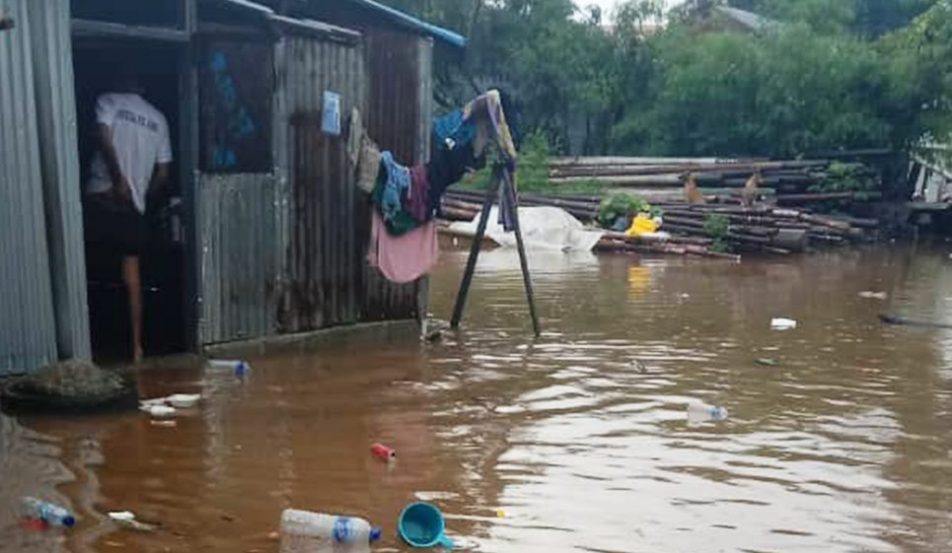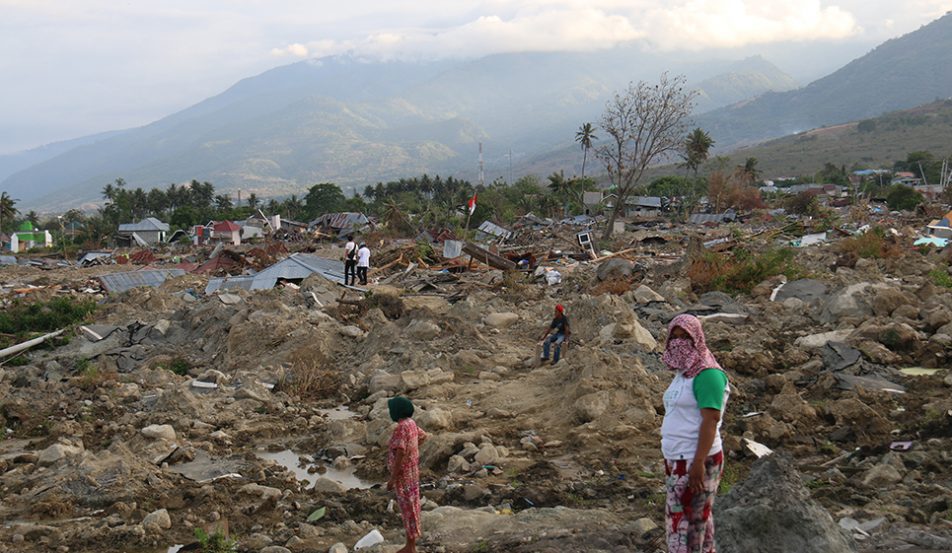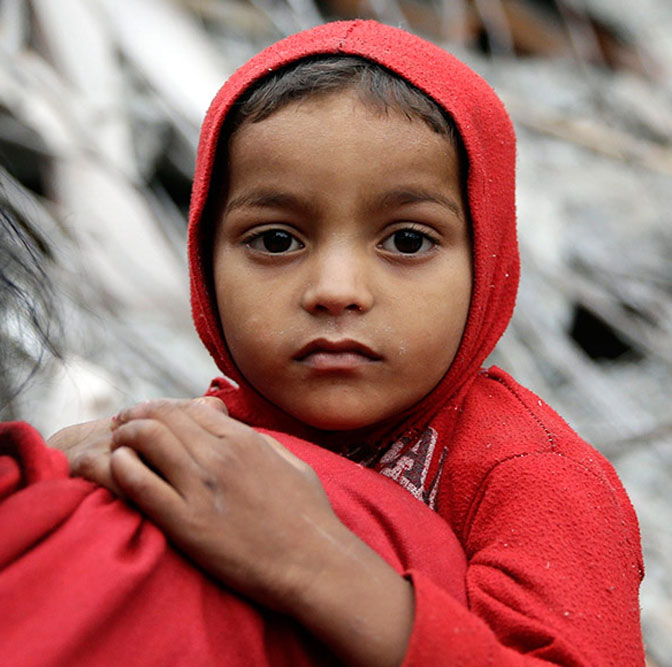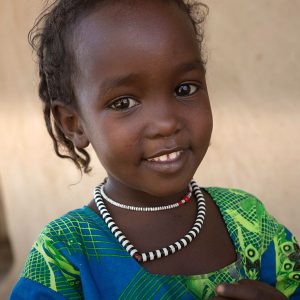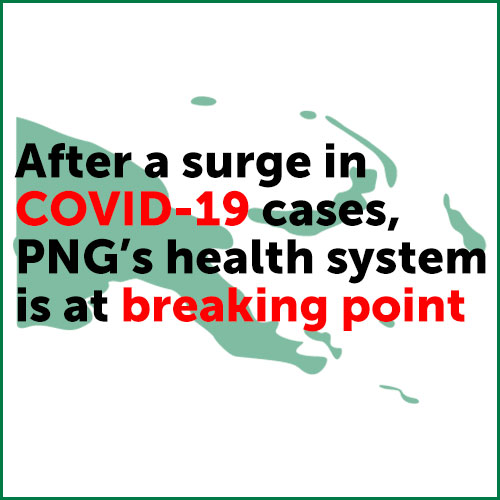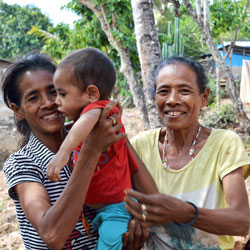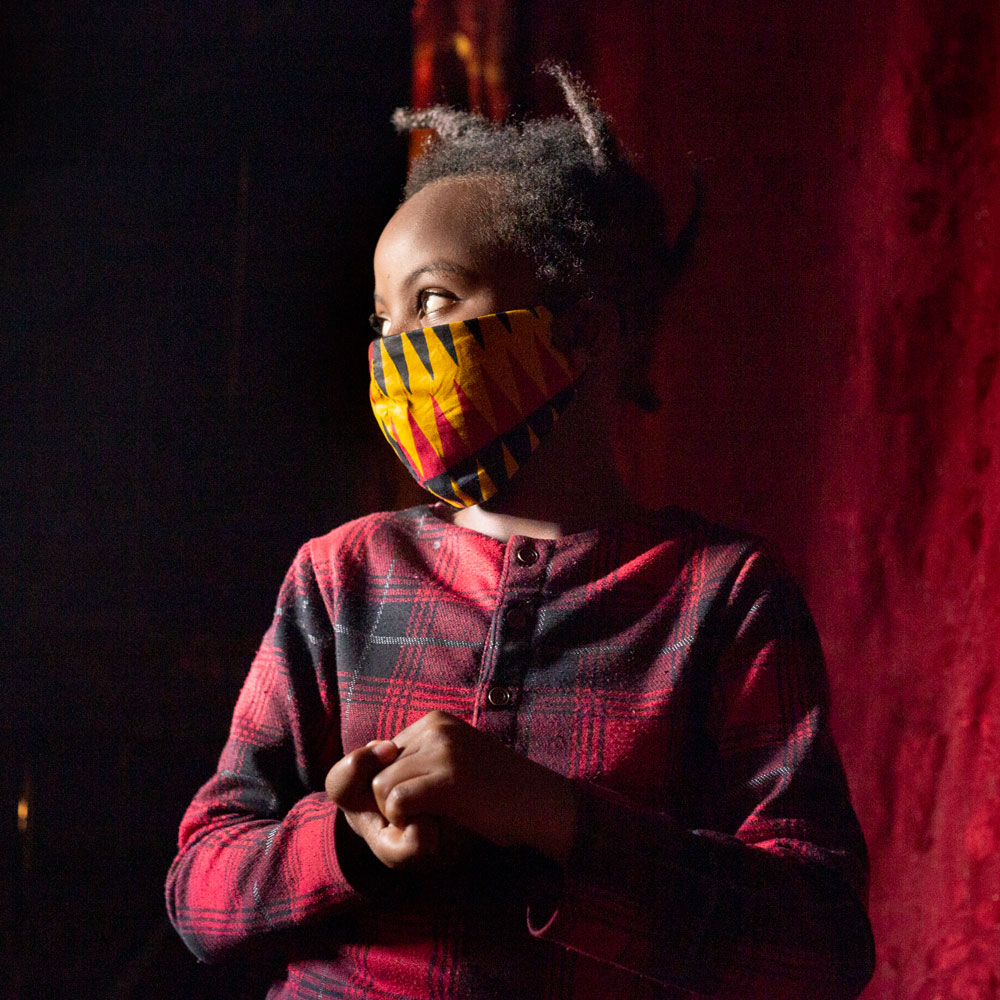Education vs Ebola: Should Schools Reopen?
Schools in Guinea reopened this week after being closed for much of last year, as the country fought to contain the Ebola outbreak. In Liberia and Sierra Leone, where infection rates are also now stabilising, schools are set to reopen in February and March respectively.
The question is, should they be reopening so soon? Ebola infection rates have stabilised, but it may be too early to tell if the crisis is truly over. Below we discuss the issue and how children could be affected by reopening the schools, or keeping them closed.
How school closures have affected the children
It’s the first step back to normalcy for millions of children whose lives and education has been disrupted by the worst Ebola crisis in history. An estimated 5 million children across the three countries have had their education severely disrupted, being out of school for up to 10 months. This has put children at high risk of issues such as dropping out of school permanently or ending up in child labour.
“Schools have been closed for a long time, so there are concerns that children are beginning to forget they were schoolchildren, that the continuation of their studies will be difficult the longer schools take to reopen,” says Billy Abimbilla, national director for ChildFund Liberia and ChildFund Sierra Leone. “It has also been realised that many of the older girls are becoming pregnant because they are at home and they are not occupied. So in some ways, the sooner schools reopen, the better.”
Why it may be prudent to keep schools closed
However, while there is an obvious need to get children back into school, there are also concerns about them reopening too soon.
“There is a school of thought that thinks it is too early to reopen these schools, because even though infection rates are declining, Ebola has not been completely eradicated and so reopening schools could spike another round of infections,” says Billy. “Also the fact that opening them too early will put some parents in a difficult situation because many livelihoods have been eroded and many parents do not have enough money to pay school fees. So they need a bit more time to be able to organise to pay the school fees.”
ChildFund supporting families as schools reopen
With the decision to reopen schools winning out, the government and NGOs in all countries will be working hard to ensure children are protected at school and also help families get back on their feet.
ChildFund will be extending its support of children affected by Ebola to support schools as they reopen and help ensure staff and students continue to be careful about prevention measures and infection control.
Providing necessary hygiene, water and sanitation facilities
“We will provide them with hygiene kits so teachers and students can continue the practice of washing their hands, and avoid intimate touching with each other through things like spacing of seats in the classroom,” Billy explains. “We`ll also continue with education on how Ebola can be contracted or not, and form children`s Ebola clubs to raise awareness in schools.
“Provision of water and sanitation is also crucial in terms of reducing infection. So we`ll be looking at supporting the government to supply wells fitted with hand pumps for schoolchildren to wash their hands and ensure that whatever information children get at school, they can also be voices to get back to the community level and educate their parents.”
Read this Q&A with Billy Abimbilla to learn more about ChildFund`s Ebola response in Liberia and Sierra Leone.
You can help children affected by the Ebola Crisis
There are many children in Ebola affected communities, and others like them around the world, who need your support.
By donating to Project Humanity, you will contribute to disaster relief efforts around the world. Project Humanity supports the immediate emergency response, and helps provide ongoing relief to affected communities.
You can also gift any one of our Gifts for Good, a range of charity donation gifts. Our gifts include health essentials such as hygiene kits, and also educational gifts like school supplies, library books and other important learning materials.
Why give? Because every child needs a childhood.



